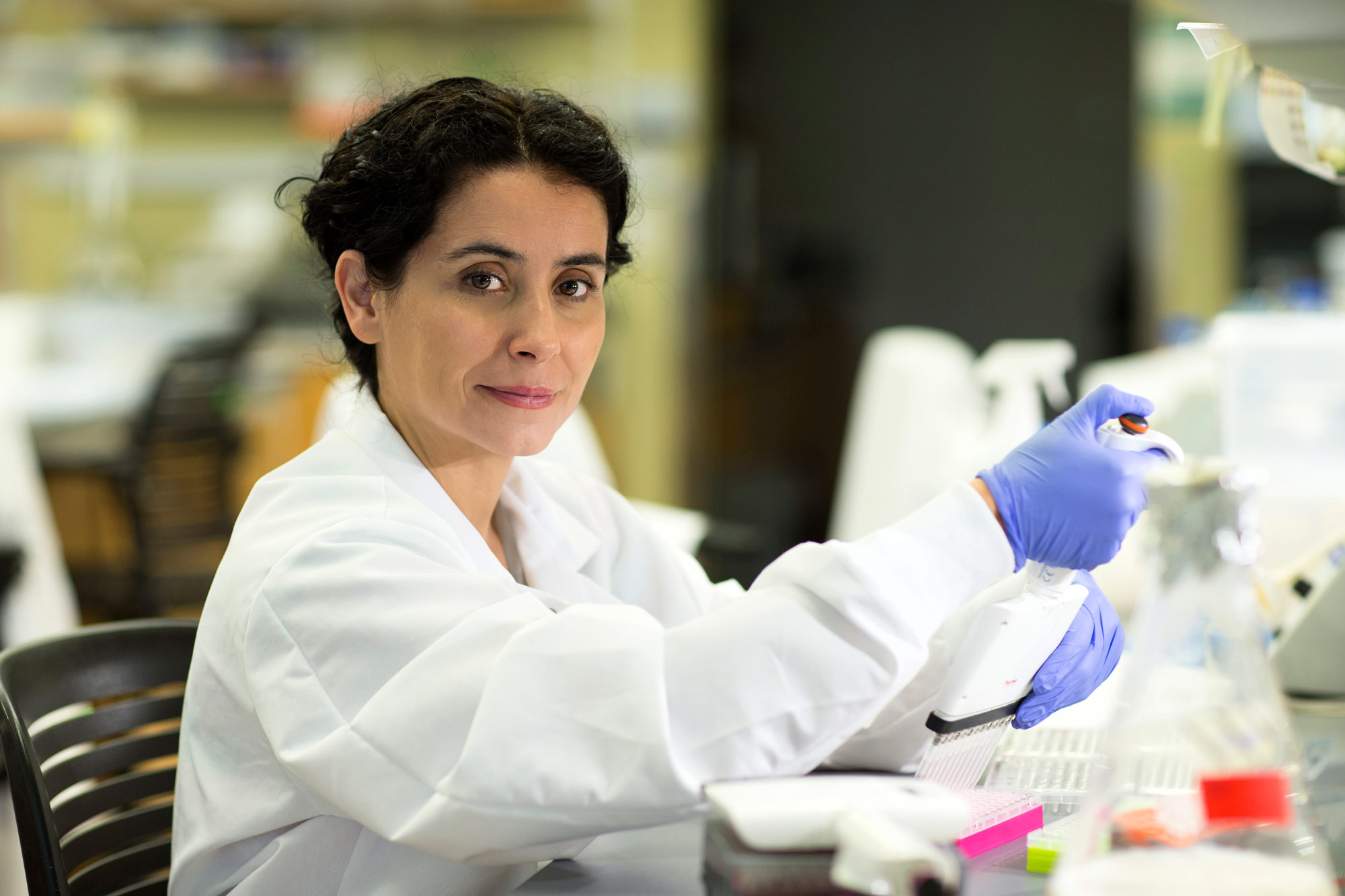University of Virginia scientists have identified a promising approach to delay aging by detoxifying the body of glycerol and glyceraldehyde, harmful by-products of fat that naturally accumulate over time.
The new findings come from UVA researcher Eyleen Jorgelina O’Rourke and her team. They are seeking to identify the mechanisms that drive healthy aging and longevity. Their new work suggests a potential way to do so by reducing glycerol and glyceraldehyde’s health-draining effects.
“The discovery was unexpected. We went after a very well-supported hypothesis that the secret to longevity was the activation of a cell-rejuvenating process named autophagy and ended up finding an unrecognized mechanism of health and lifespan extension,” said O’Rourke, of UVA’s Department of Biology and the UVA School of Medicine’s Department of Cell Biology.
O’Rourke said an exciting aspect of the discovery is that the keys to switch on the longevity mechanism are two enzymes that have been well studied because they detoxify the body of ethanol, the alcohol found in beer and bourbon.
“This existing knowledge greatly facilitates our search for drugs that can specifically activate this anti-aging process,” she said.












